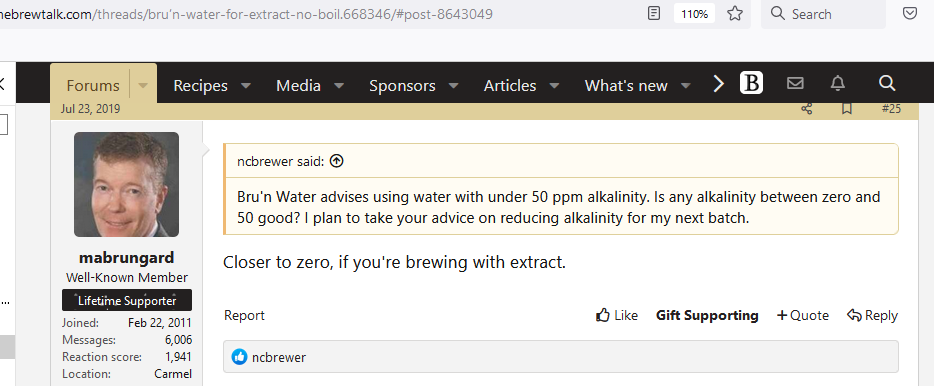IPAMike
Well-Known Member
I've seen a lot of posts regarding water and what people treat their water with to add or remove certain properties.
I believe our local water (Vancouver, WA) is pretty good...to my knowledge. Maybe a bit hard? No RO.
I've attached a document here if anyone is interested.
I'm curious what you all do (if anything) to treat (or test) your water at any point in the brewing process.
I believe our local water (Vancouver, WA) is pretty good...to my knowledge. Maybe a bit hard? No RO.
I've attached a document here if anyone is interested.
I'm curious what you all do (if anything) to treat (or test) your water at any point in the brewing process.













































![Craft A Brew - Safale S-04 Dry Yeast - Fermentis - English Ale Dry Yeast - For English and American Ales and Hard Apple Ciders - Ingredients for Home Brewing - Beer Making Supplies - [1 Pack]](https://m.media-amazon.com/images/I/41fVGNh6JfL._SL500_.jpg)












